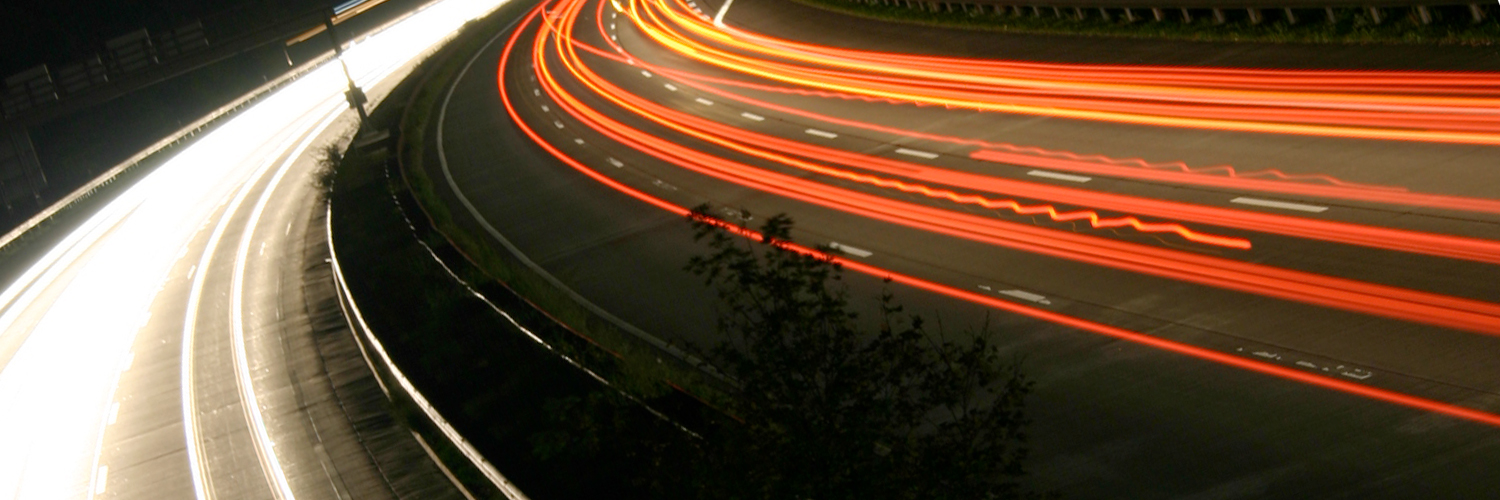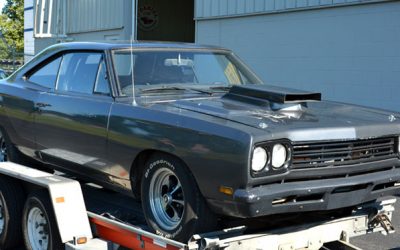Regardless of the dangers and laws, street racing is still a fact of life.
If you’re a fan of old movies, you might remember the 1956 film Friendly Persuasion. In it, Gary Cooper is the patriarch of a Quaker family who is torn between his credo of non-violence and the need to defend his family and community during the Civil War. But there’s a humorous part, too. Quaker men lived according to very strict rules — no drinking, gambling, or chasing women — and adhered to high standards of propriety. Cooper’s character falls down in the propriety department, however, because there’s one thing he can’t seem to control: his desire to have the fastest horse and buggy in his little village. He simply can’t resist racing the other Quaker men on their way to Sunday meeting, which was a serious breach of decorum.
When I saw that movie many years ago, it made me think about the phenomenon of street racing. I’m not a psychologist or anthropologist, but it seems to me that wanting to be the fastest is a genetically-determined impulse. The ancient Greeks conferred crowns of laurel leaves on the “fleetest of foot,” and Native American foot races were an important part of the culture. Perhaps even Neanderthals and Cro-Magnons raced each other when they co-existed (the former might have been gorilla-strong, but my money would be on the slimmer, longer-legged latter). It’s certainly deeply-rooted in all human societies.
Decades ago when I was the editor of Speed Shop magazine, I answered a technical question involving street racing sent in by a reader. Trying to be a responsible journalist, I also warned him about the dangers of driving with slicks on public roadways. Well, no sooner had that issue been published than I got a furious and very poorly written letter from the NHRA saying that I was promoting carnage on the highways by recognizing that people will actually race anyplace but on sanctioned tracks. I was young, and that letter upset me. I remained chagrined until I talked about it to a friend, then auto editor of Popular Mechanics, who put the situation in perspective. The NHRA, he said, had a “head in the sand attitude.” Sure, people (not just kids, either) will race when and where the opportunity arises.
Hell, I grew up in farm country and we street raced (“road” would be a better word) regularly. There were no drag strips nearby, and if you made the trip to one the crowds and the regulations were both obnoxious. Besides, there wasn’t much else to do in the evenings after a hard day’s work. The most popular venue was Oakerson Road, as I recall, a long, straight stretch of crowned pavement that ran through wide fields — nothing much to hit if you got out of shape — and no side roads. There was an old farm house on one side, and the hippie-types who occupied it weren’t about to call the police. In fact, they used to sit on the porch and watch while smoking illicit substances.
I don’t think there was ever an accident, or even a close call (no traffic in those days), although there were some thrown rods and blown gears and universals. Certainly, there have been tragedies elsewhere involving racing on public roads and streets, such as the one in Brooklyn, NY a few years ago that killed a new bride and groom who crossed the wrong street at the wrong time.
Nothing, of course, can justify risking such horrors. You see this more clearly after you become a parent. In my case, the impulse hasn’t gone away entirely, however. On a relatively-tame four-cylinder level, I had a strong desire to drag my neighbor, who was way too proud of the performance of his turbo Passat. I just knew my Prelude Si, which I’d tweaked, would be way out on him by the time his engine’s artificial respiration took hold, and he wouldn’t catch up. We taunted each other about it, but we never found the time or a safe-enough road to actually do the deed. The possibility of big fines was another disincentive.
Regardless of the dangers and laws, street racing is still a fact of life. I’ll go on record here as advising HRP readers against the practice — the thrill just isn’t worth the likely consequences. If you must, be sober about it, choose a deserted area, and realize that that blast of testosterone will cloud your judgment and cause you to take chances.





0 Comments